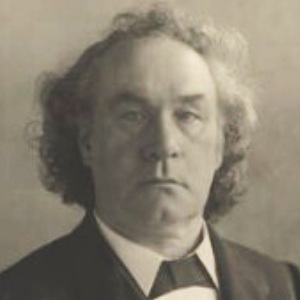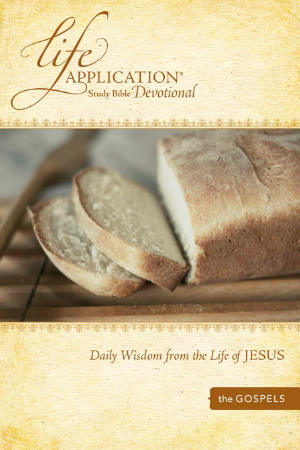In 1880, In Northumberland, England, Joseph Parker was born. It is a fact worth recording that the county where he had his birth has produced “such a lawyer as Lord Eldon, such an engineer as George Stephenson, and such a preacher as Thomas Binney.”
Dr. Parker regards his training for the ministry as having begun at seven years of age. It might have begun much earlier than this, if it is true, as one has said that “to reform a man you must begin with his grandmother.”
After a thorough training in the ancient languages and mathematics, he studied logic and philosophy in University College, London. For a short time he was the assistant of Dr. John Cambell, of the Whitefield Tabernacle, after which he settled at Banbury for five years, where he built a new chapel, only to leave it to succeed Dr. Robert Halley in Manchester, where he labored until 1869, when he was called to the Church in the Poultry, London.
He now began to become well-known to the public as preacher and author. By a Thursday morning series of discourses, he increased his congregation from the ranks of those who could not hear him on Sunday.
He built the “City Temple,”a large structure at one end of Holborn viaduct, in the heart of the business portion of the metropolis. Here a large congregation gathers to listen to his ministrations, among which are many Americans.
One cause of this is that Dr. Parker’s published works are widely known on this side of the ocean; another is in the profound impression he produced by his magnificent address in Madison Avenue Presbyterian Church during the meeting of the Evangeal Alliance in New York in 1878.
His recent visit to America, to eulogise his friend Henry Ward Beecher, has increased our interest in him.
His sermons, his lectures, notably the one on Gladstone, his addresses, but most of all the presence of the man have engaged the attention of the intelligent public.
The writer has seen him, heard him. His is the eloquence of mighty thought. He is a. Voice, a Fire, a Herald bold and eager in his sacred work, an orator in Heaven’s name and strength.
His friendly critics suggest that he should have been an actor; he is one. There is no broader sphere for legitimate oratorical action than the pulpit.
In the modern church we have had no man who has done more in authorship to expound and interpret the hidden truth of Scripture than Joseph Parker.
His “People’s Bible” is a classic. His “Paraclete,” “Ecce Homo,” “Ecce Deus,” “Ad Clerum” and “The Priesthood of Christ” are masterpieces. Among those of our century, whose lines have adorned the Christian Ministry, whose tongues have proclaimed the truth as it is in Christ, and whose pens have illustrated and made dear many of the ‘‘mysteries of the Book,” the subject of this sketch is among the foremost.
Joseph Parker
In 1880, In Northumberland, England, Joseph Parker was born. It is a fact worth recording that the county where he had his birth has produced “such a lawyer as Lord Eldon, such an engineer as George Stephenson, and such a preacher as Thomas Binney.” Dr. Parker regards his training for the ministry as having begun at seven years of age.







